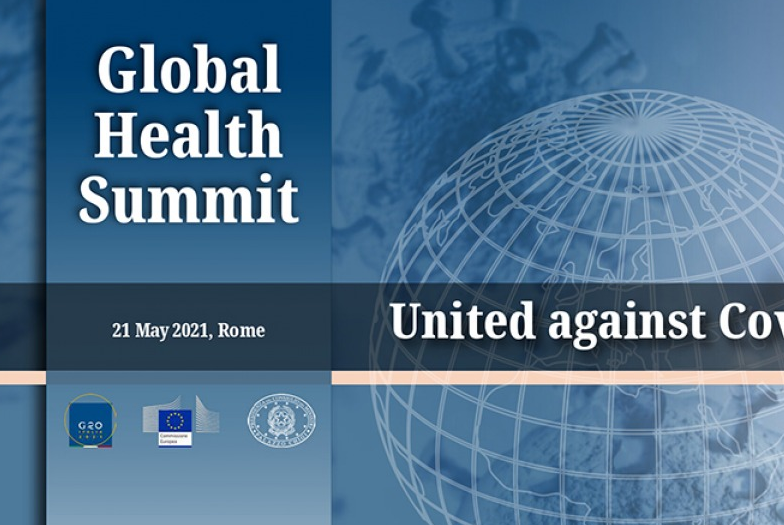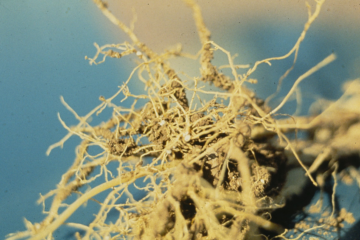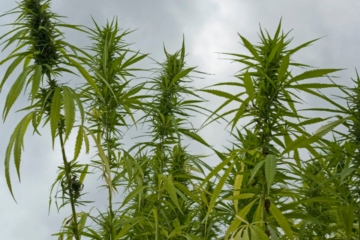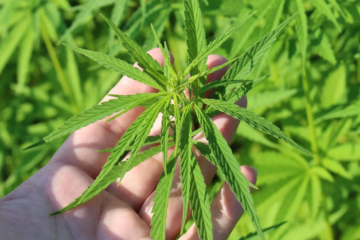Top Trump administration leaders just gathered at a major health event, putting psychedelics in the spotlight for healing tough mental issues. This “Make America Healthy Again” summit could shift how America tackles health crises. But what does it mean for everyday folks struggling with depression or addiction? Stick around to find out the details shaking up public health talks.
Vice President JD Vance led a pack of high-profile Trump officials at the “Make America Healthy Again” (MAHA) summit in Washington, D.C. on Wednesday. Health and Human Services Secretary Robert F. Kennedy Jr., FDA Commissioner Marty Makary, and others showed up to push fresh ideas on public health.
The event highlights the administration’s bold push to rethink medicine, including psychedelics for mental health treatment. This comes amid growing buzz that substances like psilocybin and MDMA might help with PTSD, depression, and addiction.
CMS Administrator Mehmet Oz and Katie Miller, linked to Trump adviser Stephen Miller, also attended. The summit aimed to showcase innovation, drawing biotech leaders and influencers. While it’s unclear if top officials joined the psychedelics session specifically, their presence signals strong interest.
Organizers packed the day with talks on various health topics, but the psychedelics panel stood out. It explored how these compounds could offer new paths for patients who don’t respond to traditional drugs.
Why Psychedelics Are Gaining Ground Now
Psychedelics have moved from fringe ideas to serious medical options under the Trump team’s watch. RFK Jr. has long backed natural remedies, and his role as HHS Secretary amps up the focus. Recent signals from officials suggest faster FDA reviews for psychedelic therapies.
A key driver is the mental health crisis hitting millions. According to the National Institute of Mental Health, about 21% of U.S. adults faced mental illness in 2023, with many not finding relief from current meds.
Early studies show psychedelics like psilocybin can rewire brain connections, offering hope for lasting change. For instance, a 2021 Johns Hopkins study found psilocybin helped 67% of depressed patients feel better after one dose, with effects lasting months.
The administration’s stance contrasts with past policies. FDA setbacks in 2024 slowed progress, but now officials like Makary call psychedelics a “top priority” if data backs them. This could speed up approvals for conditions like treatment-resistant depression.
Critics worry about risks, like bad trips or misuse. But supporters point to controlled therapy settings that minimize dangers.
The summit isn’t just talk. It ties into broader MAHA goals, like cutting junk food and boosting natural health options.

Real-World Impact on Mental Health Care
Imagine a veteran with PTSD finding relief after years of failed treatments. That’s the promise psychedelics hold, and the MAHA summit brings it closer to reality.
Clinical trials are ramping up. The FDA launched studies in mid-2025 on psychedelics for PTSD and addiction, with early results looking promising. RFK Jr. noted in a recent talk that these could help “people who badly need some kind of breakthrough.”
Here’s how psychedelics might change care:
- Target root causes: Unlike daily pills, one session could spark long-term brain changes.
- Lower costs: If approved, therapies might cut reliance on expensive lifelong meds.
- Wider access: Medicare could cover them under CMS, helping older adults with depression.
A 2025 report from the Multidisciplinary Association for Psychedelic Studies showed MDMA-assisted therapy reduced PTSD symptoms by 83% in phase 3 trials conducted in 2024.
This push affects everyday lives. Families dealing with addiction could see new tools. But experts stress the need for trained therapists to guide sessions safely.
The administration’s involvement might ease regulations, letting more clinics offer these treatments. Still, full approval could take 12 to 18 months, per FDA timelines.
Challenges and the Road Ahead
Not everyone cheers this move. Some lawmakers fear psychedelics could lead to abuse, echoing old drug war concerns.
Safety data matters. A 2022 review in the New England Journal of Medicine found low addiction risk with supervised use, but heart issues popped up in rare cases.
The Trump team must balance innovation with caution to avoid backlash. Funding for research surged in 2025, with over $580 million raised for psychedelic firms like MindMed and Cybin, marking the best quarter since 2021.
To track progress, here’s a quick look at key psychedelics in the pipeline:
| Substance | Potential Use | Trial Stage | Expected Timeline |
|---|---|---|---|
| Psilocybin | Depression, Anxiety | Phase 3 | Approval by 2026 |
| MDMA | PTSD | Awaiting FDA Decision | Possible 2025 |
| Ibogaine | Addiction | Early Studies | 2027+ |
This table shows the momentum building. Yet, ethical questions linger, like ensuring equitable access for low-income groups.
Public opinion is shifting. A 2025 Gallup poll found 69% of Americans support medical psychedelics, up from 49% in 2019.
As the MAHA agenda rolls out, watch for policy changes that could reshape health care.
This summit marks a turning point in America’s health story, blending bold leadership with cutting-edge science to fight mental health woes. From Vance’s praise of natural approaches to RFK Jr.’s drive for alternatives, it’s clear the Trump administration wants to make real change.




